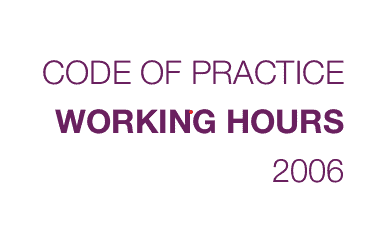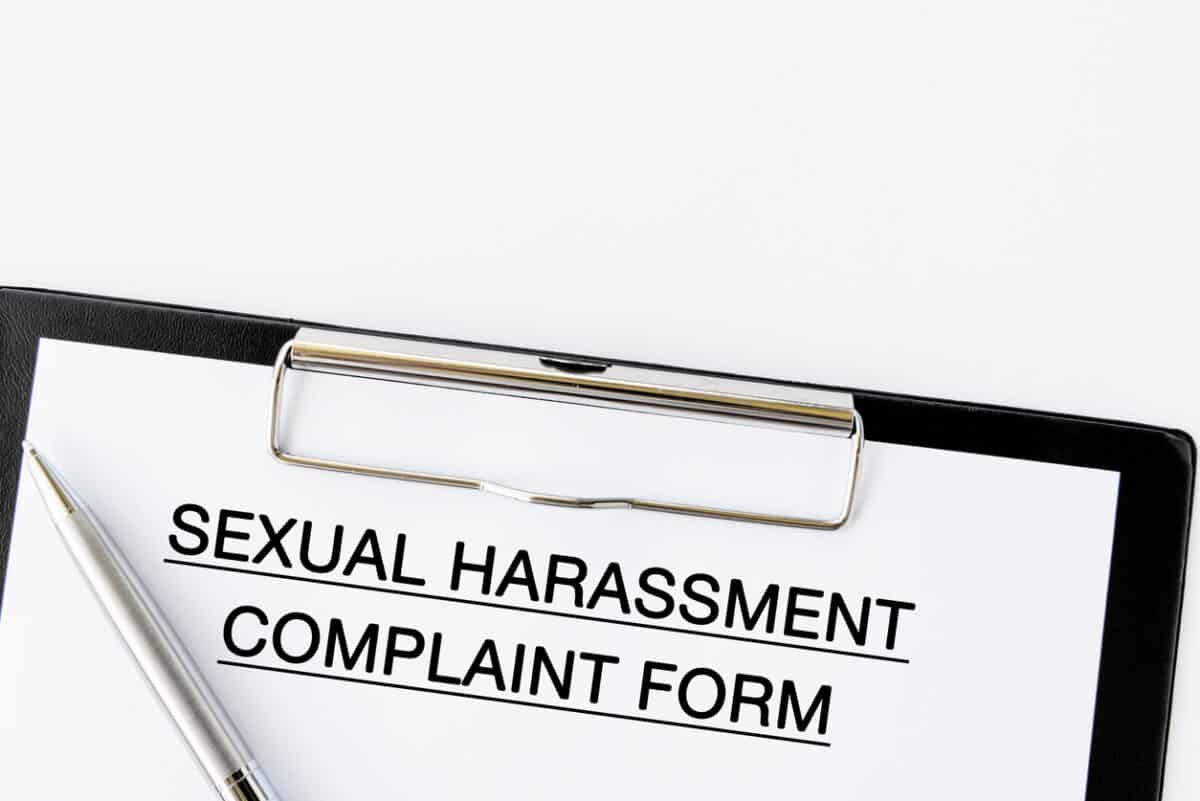A refresh of the Code of Practice for Working Hours could be of great benefit
Many workers have a working week that includes more hours than they were contracted for. This is often described as “unpaid overtime”, which is a misnomer as “overtime” traditionally involves being paid a higher rate of income to compensate for making one available beyond or “over” regular business hours. Unpaid overtime can also be considered …






